TOI-2109b is the second hottest exoplanet discovered so far, with a year lasting just 16 hours.
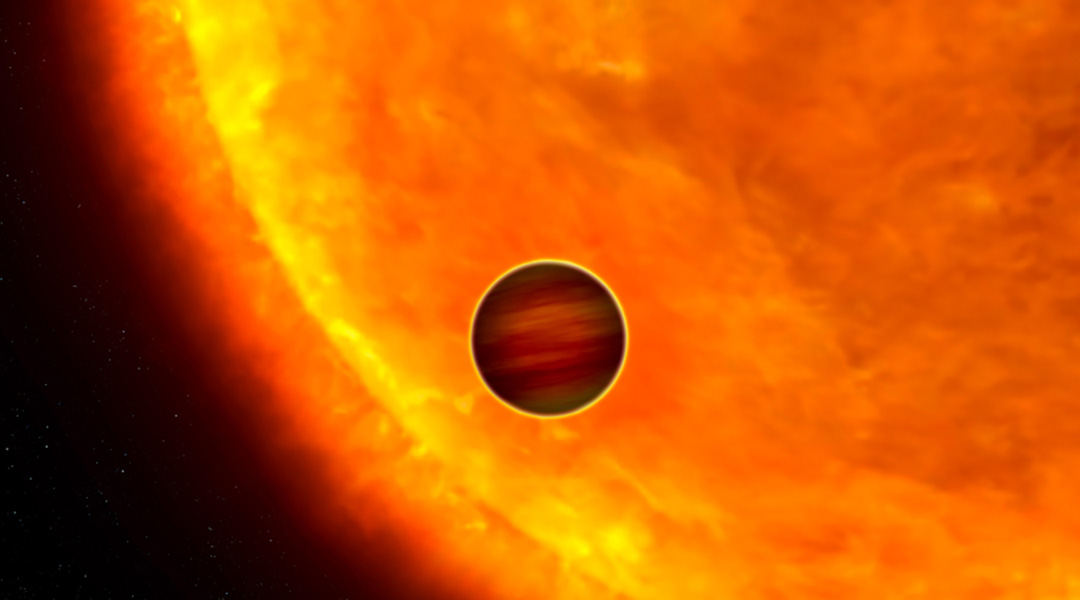

TOI-2109b is the second hottest exoplanet discovered so far, with a year lasting just 16 hours.
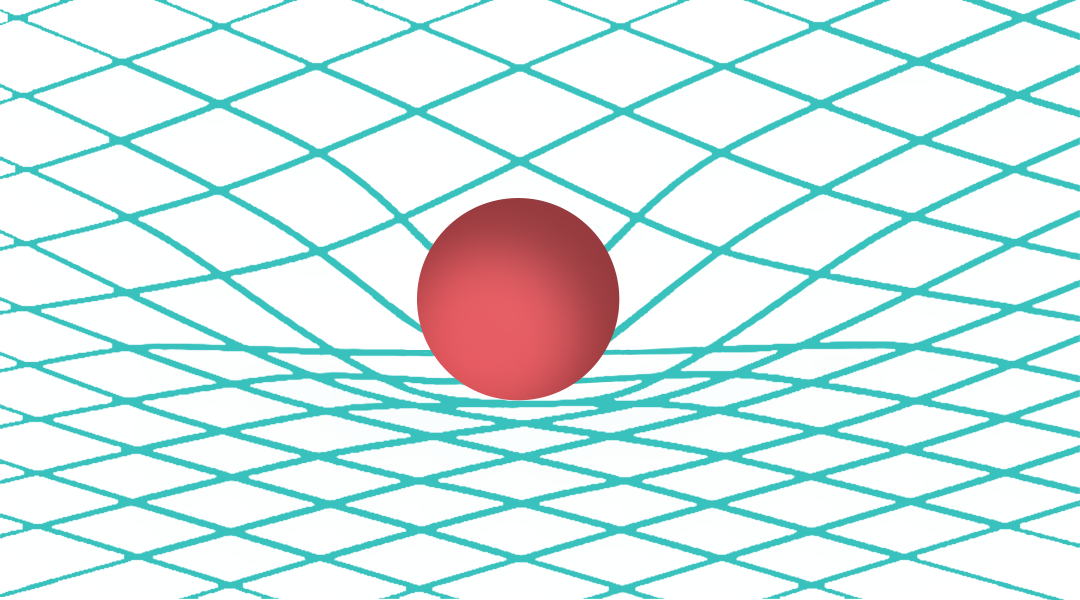
Regions of spacetime where gravity is so strong that nothing, not even light, can escape!
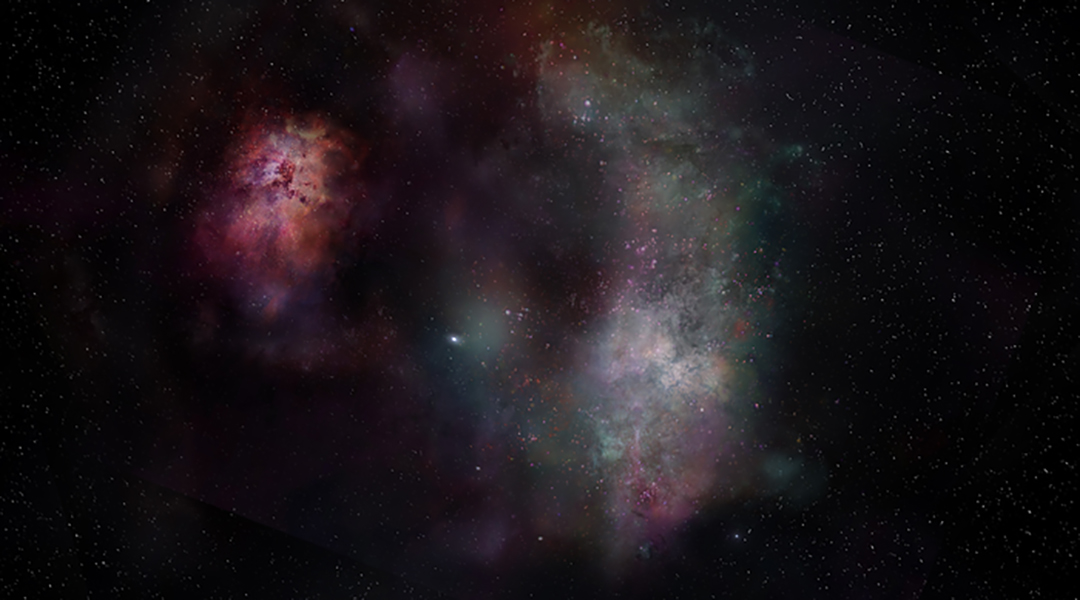
Water and carbon detected in a galaxy 13 billion light-years away provide a glimpse into how these elements impacted the development of the early universe.

Bioengineer Canan Dağdeviren is living her dream, decoding physical patterns of the human body in order to diagnose and cure diseases.
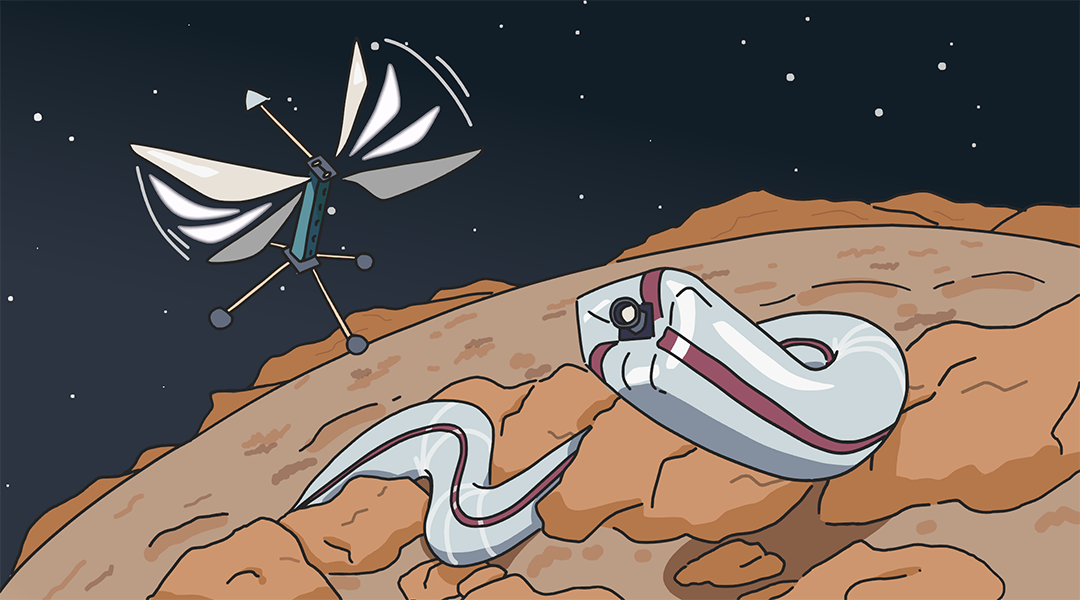
Although the idea of soft robots in space exploration is still far from becoming a reality, there are obvious advantages that are driving researchers to pursue the possibility.
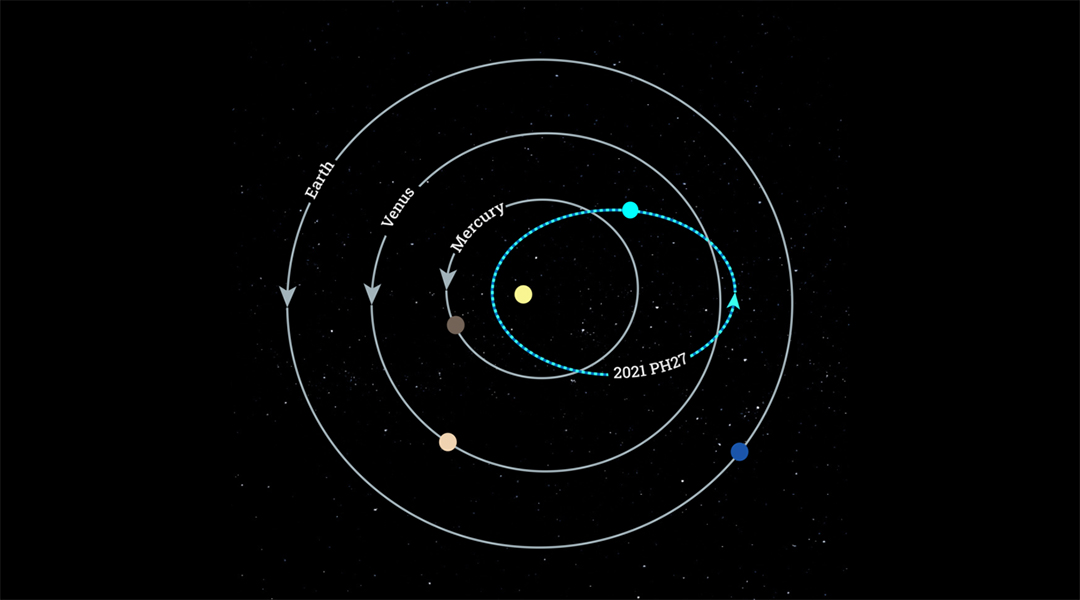
A new asteroid that orbits the Sun in just 113 days was recently discovered in twilight images.
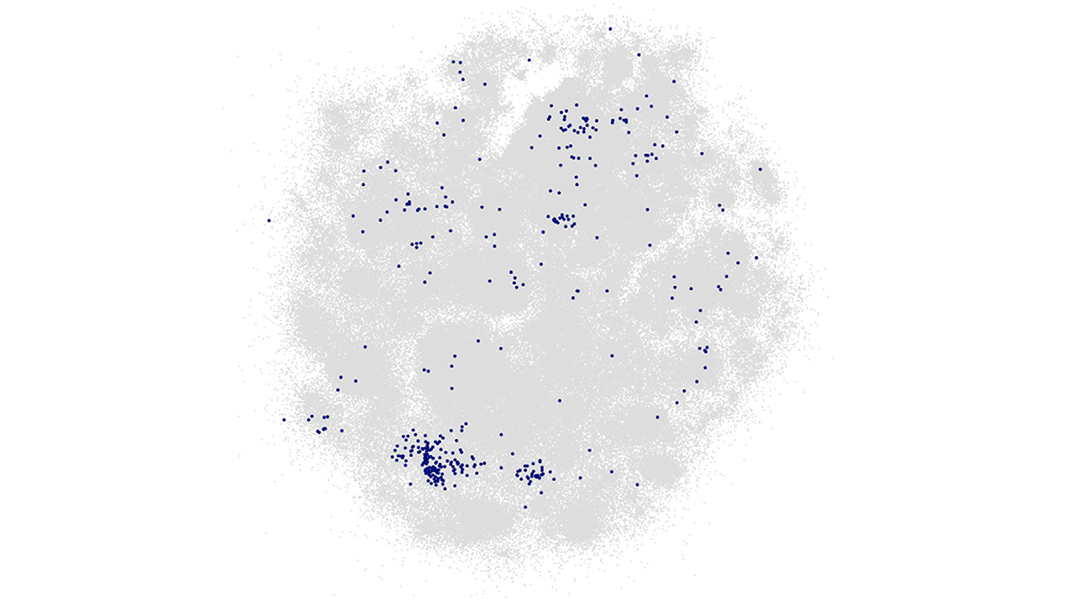
A new machine learning algorithm called “Active Learning” could help identify the best materials for any desired application.
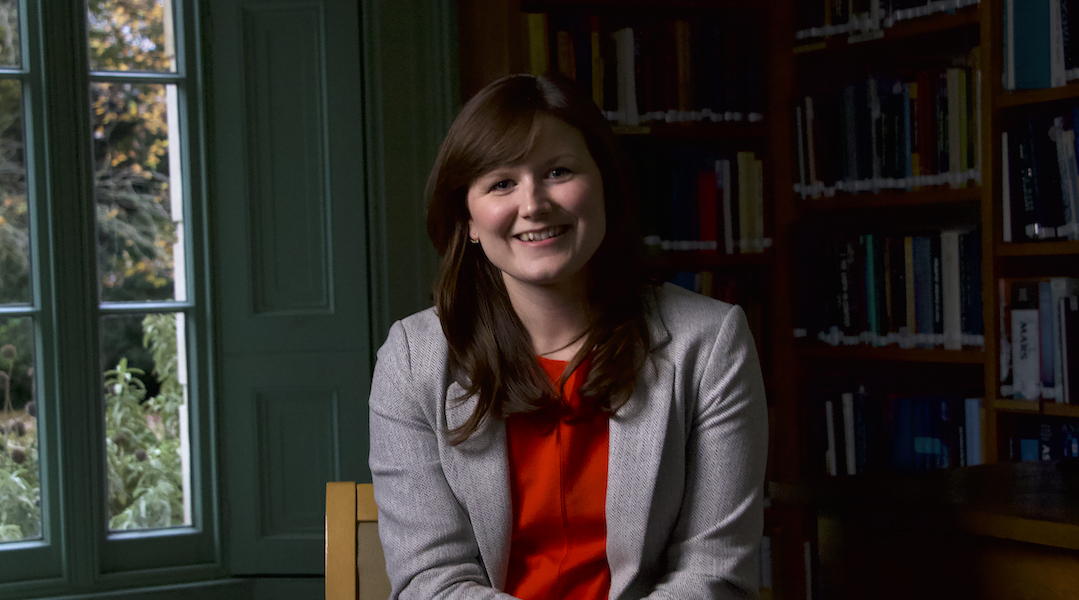
Your “friendly neighborhood astrophysicist” Becky Smethurst is enthusiastically exploring the universe and educating us along the way.
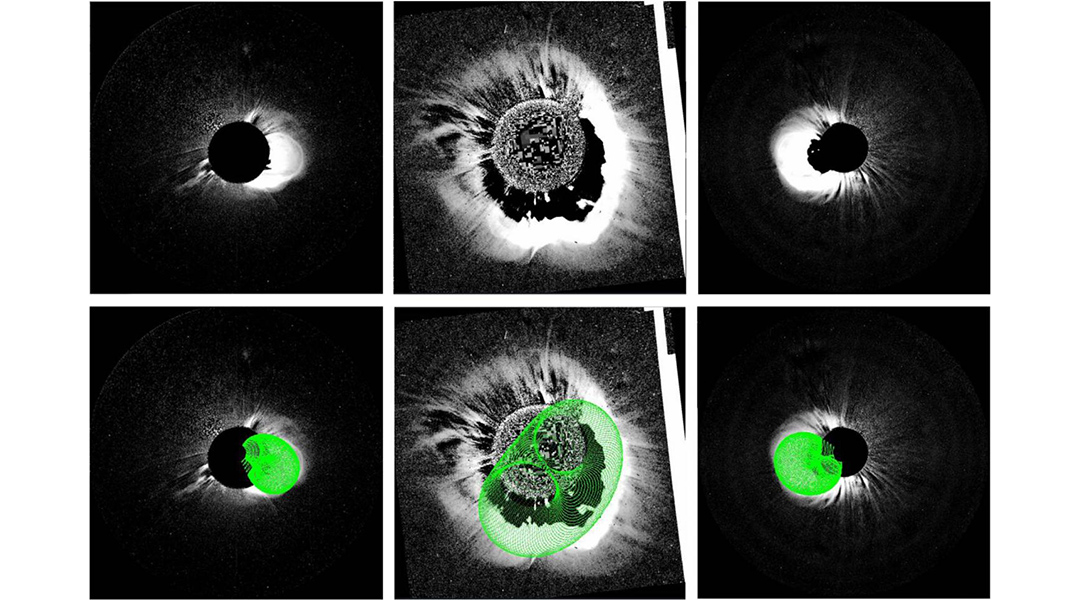
To many, space weather may seem like a distant concern, but predicting its effects on Earth are important for resilience against potential hazards.
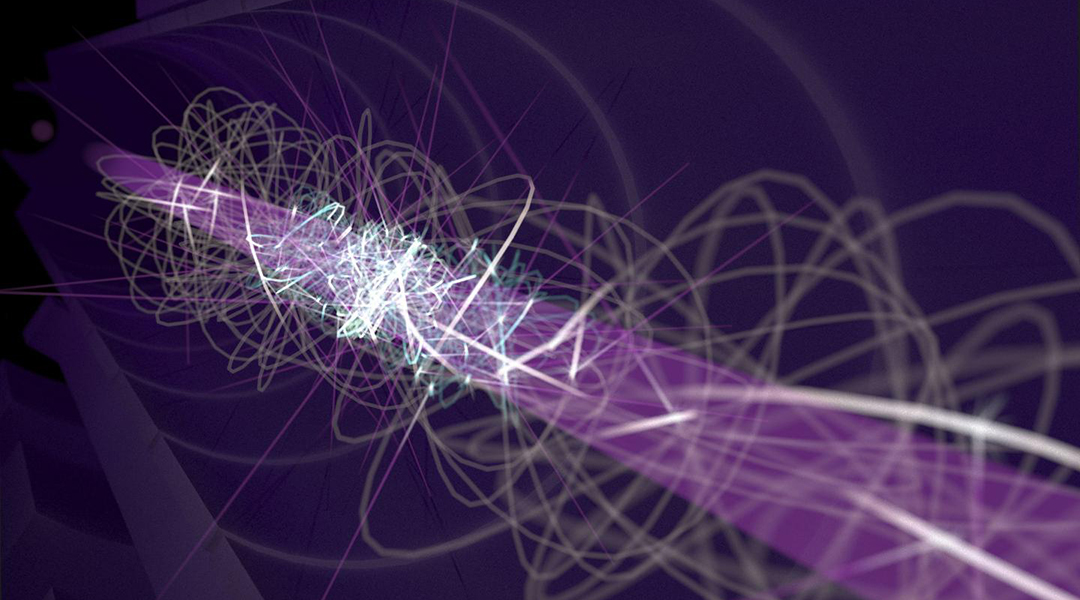
By cooling antimatter to absolute zero, physicists may finally be able to answer questions that could fundamentally alter our understanding of the universe.